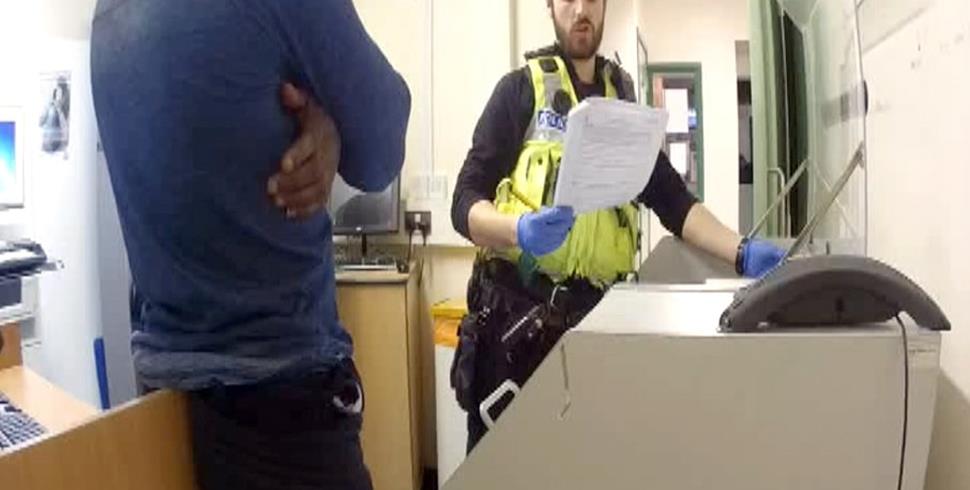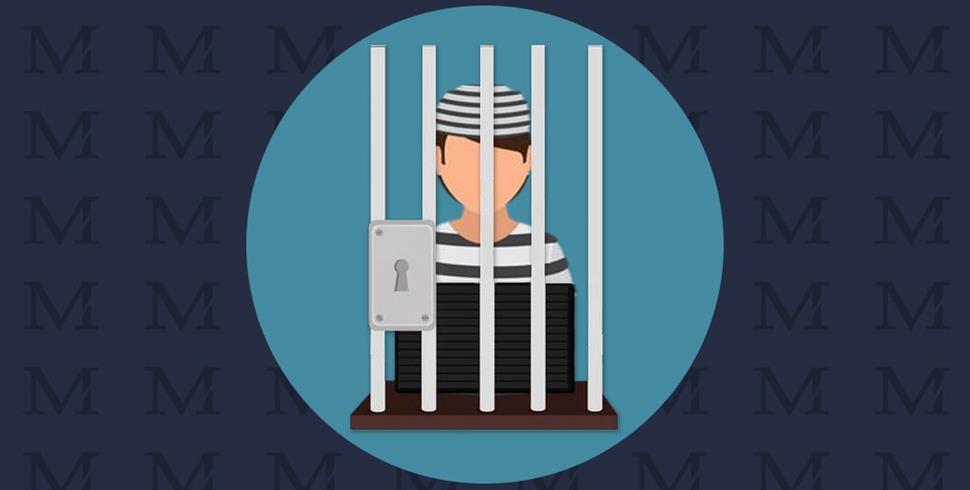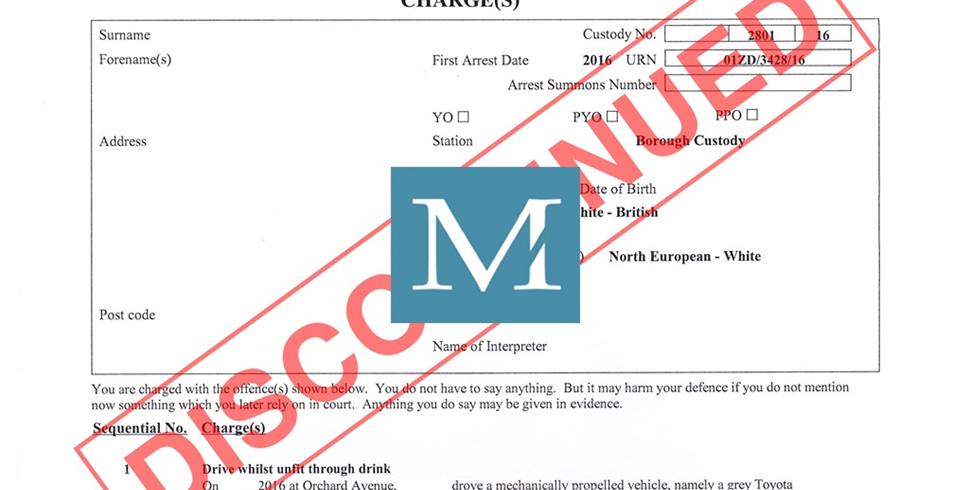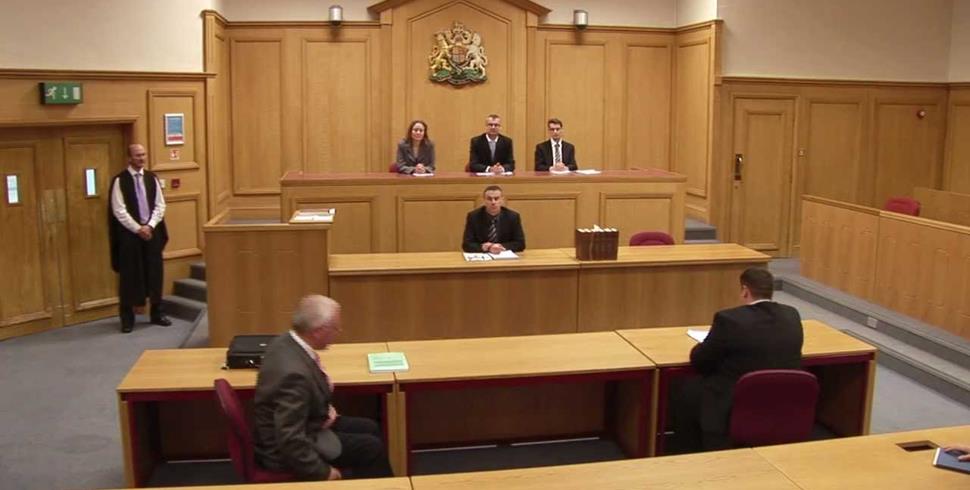
Driving under the influence of alcohol can have extremely serious consequences, both for you and others. Many of the cases we represent have been involved in serious collisions. But what about the legal consequences of breaking the UK drink driving laws? Will a conviction result in a ban? Will your license be immediately withdrawn? We’ve put together a quick overview of the drink driving system, to help you better understand what could happen should you be convicted of drink driving.
Will I get penalty points for drink driving?
The short answer is no. Drink driving carries a mandatory minimum 12 month driving disqualification. If you plead guilty to drink driving, or if you're convicted by the court, you will be banned. There are only two circumstances where a driving ban can be avoided following a conviction.
- You run a special reason
- You're convicted of being 'in charge' of a vehicle
1. You run a special reason
We talk more about special reasons on our Special Reasons page. Special reasons apply in circumstances where your culpability (i.e. your blameworthiness) is so low that the court decides not to disqualify you (or reduces the length of disqualification). The general rule is that special reasons must apply to the offence and not the offender. So, in other words, your personal mitigation cannot constitute a special reason. The most common special reasons are;
- Short distance driven
- Driving in an emergency
- Spiked drinks
- Reflux
All of these arguments relate to the offence of drink driving rather than the personal circumstances of the offender.
If you'd like to talk more about special reasons, please get in touch with our team. All our initial advice is completely free of charge.

2. You're convicted of being 'in charge' of a vehicle
There are two different 'versions' of a drink driving offence. The most serious type of drink driving offence is where you're caught driving. There are three ways the police can prove that you drove the vehicle;
- The police witness you driving (for example, you were pulled over)
- You admit to driving in interview (don't worry about admissions made 'outside' of an interview)
- Another person (other than a police officer) witnessed you driving.
If the police cannot prove that you drove the vehicle, you should not be charged with drink driving. Remember that if the police can't prove that you drove (even if you did), you should not be convicted.
Even in circumstances where the police can prove that you drove the vehicle, you may still be able to negotiate a lower charge. Negotiations take place with the CPS everyday, in and out of court. In our experience, the CPS are more concerned about you being convicted rather than the sentence you receive. If you have been charged with drink driving, we may be able to persuade the CPS to accept a guilty plea to the lesser offence of being drunk 'in charge'. Accepting a plea deal like this reduces the risk of a disqualification substantially. The court can then offer penalty points. The 'going rate' for a drunk in charge offence is 10 penalty points. This offence is intended to cover scenarios where a person is 'sleeping it off' in their vehicle. If you accrue 12 or more penalty points on your licence within a 3 year period, you could receive a 6 month driving ban - unless the court finds exceptional hardship. Take a look at our video on exceptional hardship.
You might think that it is highly unlikely the CPS would reduce the charge, but what have you got to lose? If you plead guilty to drink driving you will receive a driving disqualification. If you ask the CPS to reduce the charge and they refuse, you're no worse off. It continues to surprise me how often the CPS reduce charges in order to persuade defendants to plead guilty. It's lazy prosecuting - but it's not something we're complaining about!!
If you're wondering how many penalty points you currently have on your driving licence, you can view your licence online with the DVLA.

Calculating the length of disqualification
- Establishing how over the limit the individual was at the time, according to any breathalyser, blood or urine tests taken
- The seriousness of any damage caused by the driver and their vehicle to property or the road
- Whether or not there were any injuries or a high likelihood of injury or death
- Whether or not the individual had been in trouble for similar offences before
- Where multiple offences have been committed, considering how much time has passed between each offence
What Shall I Do if I’m Arrested for Drink Driving?
If you find yourself accused of drink driving, the first thing to do is secure expert legal advice. Please do not speak with law enforcement without first consulting with a solicitor.
Before you do anything else, we strongly advise that you get in touch with our team of legal professionals to discuss your circumstances and options. Our team of friendly and non judgmental experts will be on hand to respond to you as soon as possible and help to navigate you through the situation from start to finish. Contact us today.
If you'd like to discuss your case in detail, contact our team of specialists on 01514228020. All our initial advice is completely free of charge. We are able to explain in straightforward terms what is likely to happen in your case.
Take a look at the most common drink driving defences.
Related Articles







